Side effects
Antipsychotics are associated with a range of side effects, which may be apparent in some people, and to varying degrees.
Click on the topics below to access the information on side effects of antipsychotic medications. The evidence on side effects of other medications are included in the topics listed under adjunctive and alternative treatments.
Image: ©Sherry Yates – stock.adobe.com

Blood disorders
We have not found any systematic reviews on this topic that meet the Schizophrenia Library’s inclusion criteria. Pending enough primary studies, we invite reviews on this topic to be conducted. Alternatively, we will endeavour to conduct our own review to fill this gap in the Library. October 2020

Bone density
How is bone density related to schizophrenia? Bone density disorders can cause severe disability among those affected. The exact causes of bone density abnormalities are currently unknown. This topic investigates whether they could be a side effect of antipsychotic medications. What is the evidence for bone density abnormalities? Moderate to low quality evidence finds a small effect of greater risk of hip fractures in people with schizophrenia taking antipsychotics compared to people not taking antipsychotics. Low quality evidence is unclear as to whether bone density is reduced in people with schizophrenia. October 2020

Cancer
We have not found any systematic reviews on this topic that meet the Schizophrenia Library’s inclusion criteria. Pending enough primary studies, we invite reviews on this topic to be conducted. Alternatively, we will endeavour to conduct our own review to fill this gap in the Library. October 2020
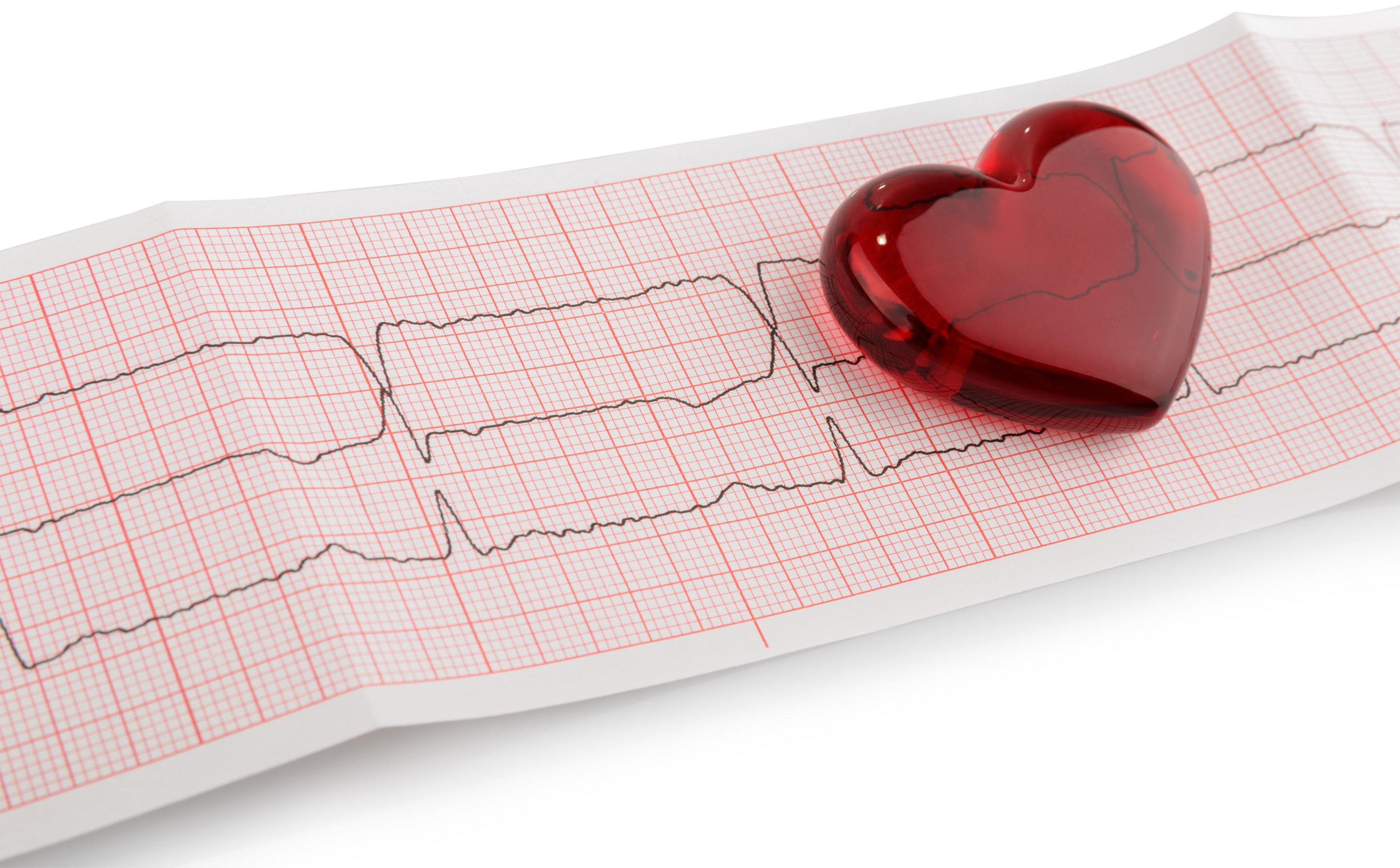
Cardiometabolic changes and weight gain
How are cardiometabolic or weight problems related to schizophrenia? Patient populations that are prescribed antipsychotic agents may experience cardio and metabolic side effects. What are the cardiometabolic side effects? Medicated patients versus population or healthy controls Moderate quality evidence suggests small to medium-sized increased risks of hypertension, low HDL cholesterol, hypertriglyceridemia, diabetes, metabolic syndrome, abdominal obesity and reduced heart rate variability in people with schizophrenia. People with first-episode psychosis and antipsychotic-naïve patients also show increased hypertension and reduced heart rate variability, but not other cardiometabolic indices. Medicated patients versus unmedicated patients Moderate to low quality evidence shows that after treatment…

Constipation
How is constipation related to schizophrenia? Some antipsychotics cause constipation. Moreover, people with schizophrenia often have pre-existing factors that increase this risk, including sedentary lifestyle, obesity, reduced fibre intake, and dehydration. Constipation can lead to gastrointestinal problems and even death. This topic assesses the risk of constipation as a side effect of antipsychotic use. What is the evidence for constipation in people with schizophrenia? Moderate to low quality evidence suggests the overall prevalence of constipation with clozapine use is around 30%, and around 40% in inpatient settings. Moderate to high quality evidence suggests a medium-sized effect of clozapine causing higher…
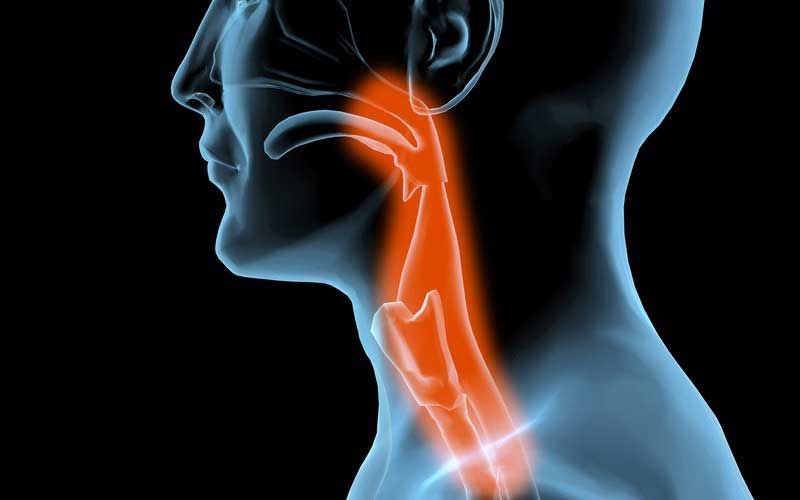
Dysphagia
What is dysphagia? Dysphagia refers to swallowing impairment, and can lead to severe outcomes including malnutrition, asphyxiation (suffocating), which can be fatal. It is sometimes reported in people with schizophrenia and other mental illnesses, and may be a side effect of a number of neuroleptic medications including antipsychotics, but may also be due to behavioural disturbance or other neurological disorders. What is the evidence for dysphagia? Low quality evidence is unclear as to risk of dysphagia following any specific neuroleptic medication. October 2020
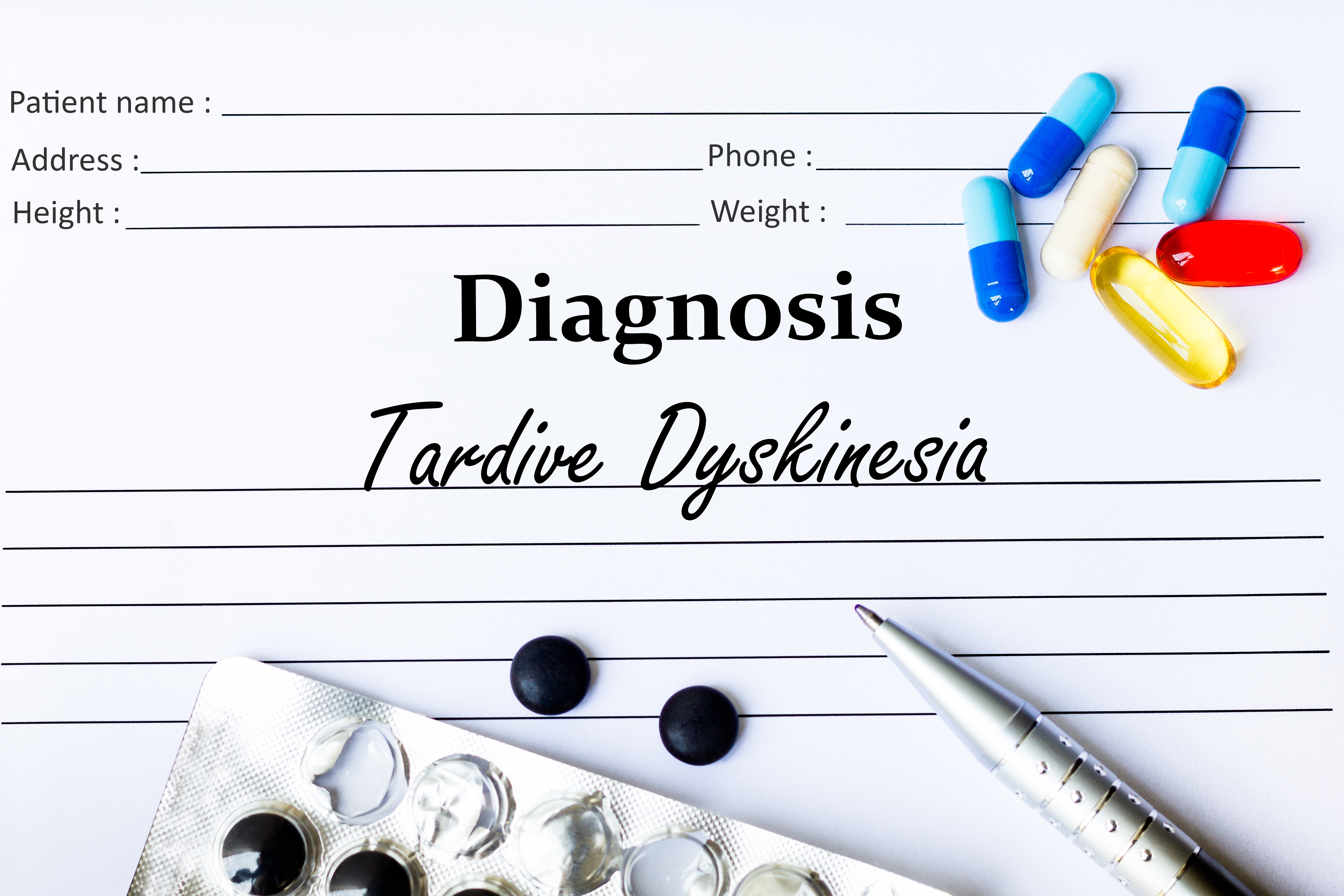
Extrapyramidal
What are extrapyramidal side effects in people with schizophrenia? Extrapyramidal side effects include dyskinesias; repetitive, involuntary, and purposeless body or facial movements. Parkinsonism may occur, involving cogwheel muscle rigidity, pill-rolling tremor and reduced or slowed movements. Akathisia involves motor restlessness, especially in the legs, and dystonias are muscle contractions causing unusual twisting of parts of the body, most often in the neck. These side effects are caused by the dopamine receptor antagonist action of antipsychotics, but can also be found in people with schizophrenia who have never taken antipsychotics and in their relatives. What is the evidence for extrapyramidal side…

Hyperprolactinaemia
How is hyperprolactinaemia related to schizophrenia? One potential side effect of antipsychotic use hyperprolactinemia, which can disrupt sex hormones and the production and flow of breast milk, and can cause infertility and erectile dysfunction in men. Hyperprolactinemia is caused by blocking of the D2 dopamine receptor at the anterior lobe of the pituitary gland, resulting in high prolactin levels. As different antipsychotics have different actions, they also differ in the degree to which they affect prolactin levels. What is the evidence for hyperprolactinaemia? High quality evidence shows large increases in prolactin levels with risperidone and paliperidone when compared to placebo….

Hypersalivation
We have not found any systematic reviews on rates of hypersalivation that meet the Schizophrenia Library’s inclusion criteria. Please see the topic on treatment for hypersalivation. Pending enough primary studies, we invite reviews on this topic to be conducted. Alternatively, we will endeavour to conduct our own review to fill this gap in the Library. November 2019

Hyponatraemia
What is hyponatraemia? Hyponatraemia is an imbalance of electrolytes in the blood serum, typically involving reduced salt (sodium) levels. This usually occurs through excessive water retention diluting the salt content of the blood in combination with increased sodium excretion in the kidneys. Mild hyponatraemia does not have obvious symptoms, however when sodium levels drop dangerously low they can cause muscle cramps, lethargy, and delirium; eventually leading to convulsions, which can be fatal. Hyponatraemia can occur as a side effect of many medications including antipsychotics. What is the evidence for hyponatraemia? Moderate to low quality evidence suggests hyponatraemia occurs more commonly…

Mortality
How is mortality related to antipsychotic use? Compared to the general population, on average, the life expectancy of people with schizophrenia may be reduced by as much as 15-20 year. The reasons for increased mortality in schizophrenia are largely unclear, but may in part be related to lifestyle factors such as weight gain, smoking, unhealthy diet and low physical activity levels. Adverse effects of antipsychotics may also contribute to high mortality rates in schizophrenia. What is the evidence for mortality as a side effect of antipsychotic medication? Moderate to high quality evidence suggests a medium-sized effect of fewer deaths in…

Neuroleptic malignant syndrome
What is neuroleptic malignant syndrome? Neuroleptic malignant syndrome is a rare and life-threatening reaction to neuroleptic use. It is generally characterised by muscular rigidity, tremor, fever, autonomic nervous system dysfunction, and alterations in level of consciousness. It may become apparent soon after commencing antipsychotic use or when dose is increased and should be treated as a medical emergency. What is the evidence on neuroleptic malignant syndrome? Moderate to low quality evidence is unable to determine the prevalence of neuroleptic malignant syndrome with any particular antipsychotic use. However, review authors conclude that second generation antipsychotics are not free of the risk…

Neutropenia
How is neutropenia related to schizophrenia? Clozapine is a second generation antipsychotic often administered when other antipsychotics are not affective. However, neutropenia is a potential side effect of clozapine use. Neutropenia can result in death and involves low levels of neutrophils; the white blood cells that help the body fight infection. What is the evidence for neutropenia? Moderate quality evidence suggests the incidence of mild neutropenia in people taking clozapine is around 3.8%, and the incidence of severe neutropenia is around 0.9%. Death from neutropenia is rare at around 0.013%. October 2020
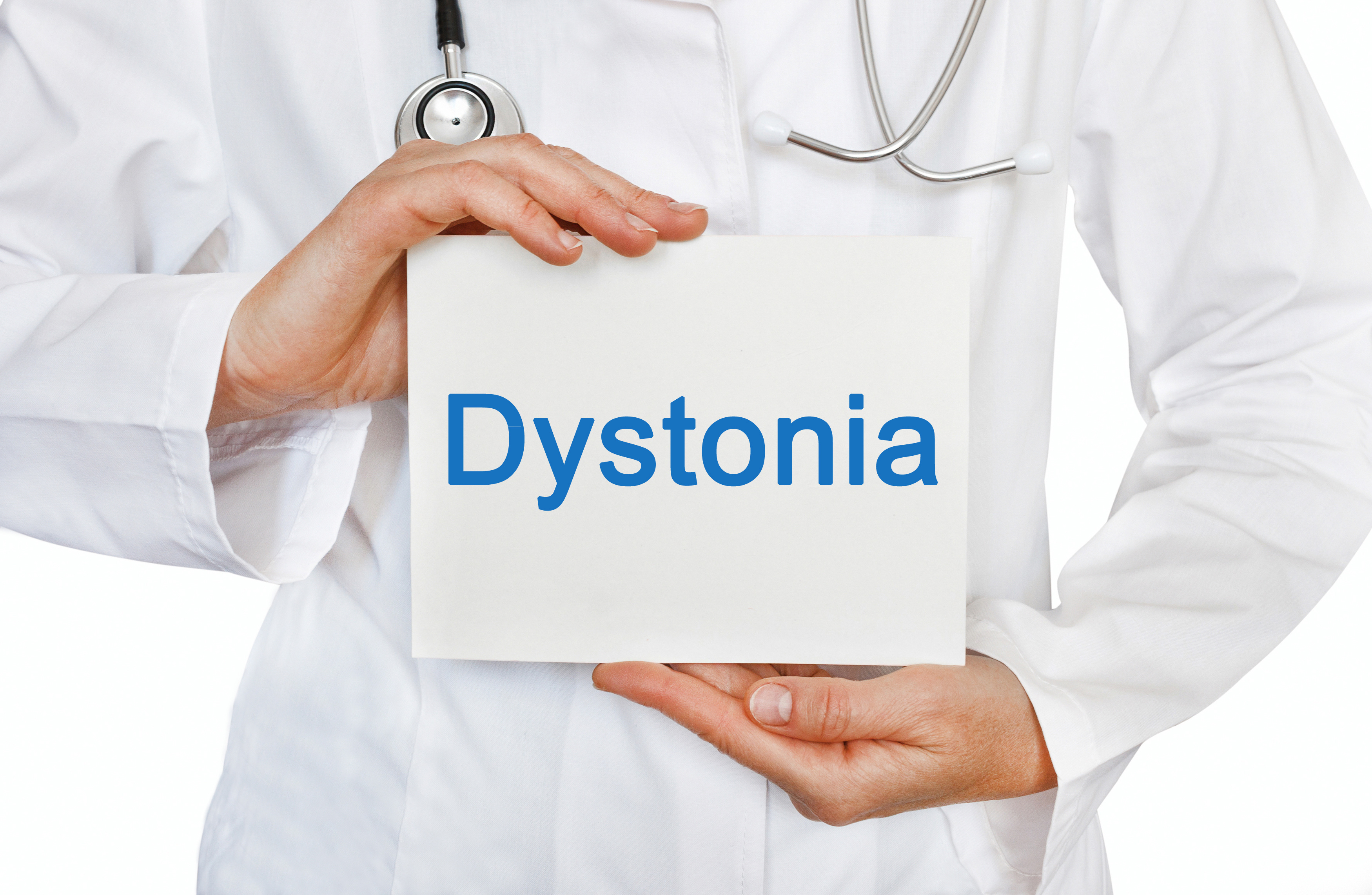
Oculogyric crisis
We have not found any systematic reviews on this topic that meet the Schizophrenia Library’s inclusion criteria. Pending enough primary studies, we invite reviews on this topic to be conducted. Alternatively, we will endeavour to conduct our own review to fill this gap in the Library. October 2020

Pancreatitis
We have not found any systematic reviews on this topic that meet the Schizophrenia Library’s inclusion criteria. Pending enough primary studies, we invite reviews on this topic to be conducted. Alternatively, we will endeavour to conduct our own review to fill this gap in the Library. October 2020
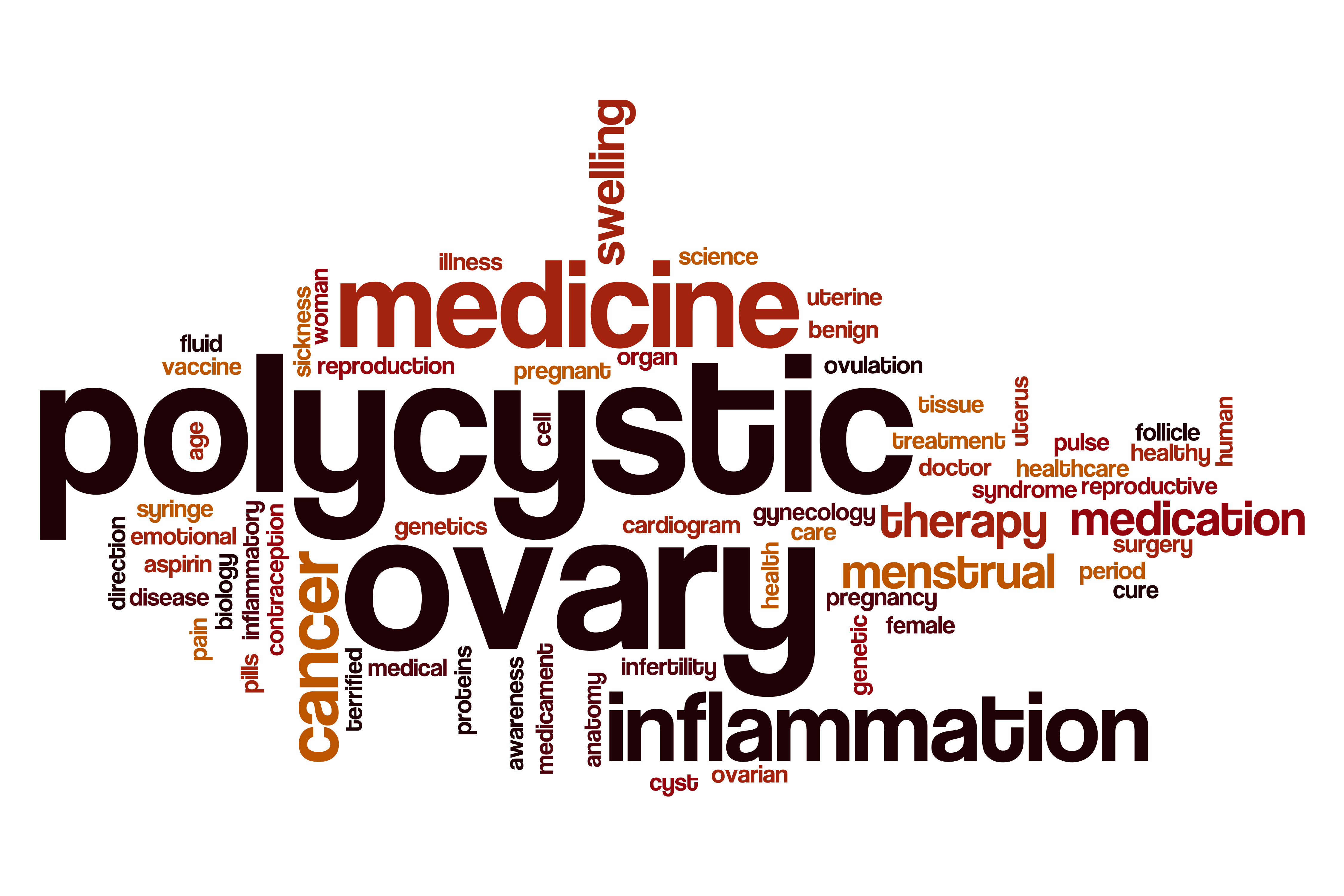
Polycystic ovarian syndrome
We have not found any systematic reviews on this topic that meet the Schizophrenia Library’s inclusion criteria. Pending enough primary studies, we invite reviews on this topic to be conducted. Alternatively, we will endeavour to conduct our own review to fill this gap in the Library. October 2020

Sedation
How is sedation related to antipsychotics Antipsychotics can have a sedative effect, which can impair a person’s ability to function normally, and interfere with one’s ability to actively participate in other treatments such as psychosocial training and rehabilitation. Not all antipsychotic medications have the same sedative effect, as differences in dosage and drug affinity for histamine receptors influence sedation levels. What is the evidence for sedation? Moderate quality evidence shows medium to large effects of more sedation with aripiprazole, lurasidone, risperidone, haloperidol, asenapine, olanzapine, quetiapine, and ziprasidone than placebo. Large effects were reported for chlorpromazine, zotepine and clozapine. Clozapine, quetiapine…

Seizures
We have not found any systematic reviews on this topic that meet the Schizophrenia Library’s inclusion criteria. Pending enough primary studies, we invite reviews on this topic to be conducted. Alternatively, we will endeavour to conduct our own review to fill this gap in the Library. October 2020
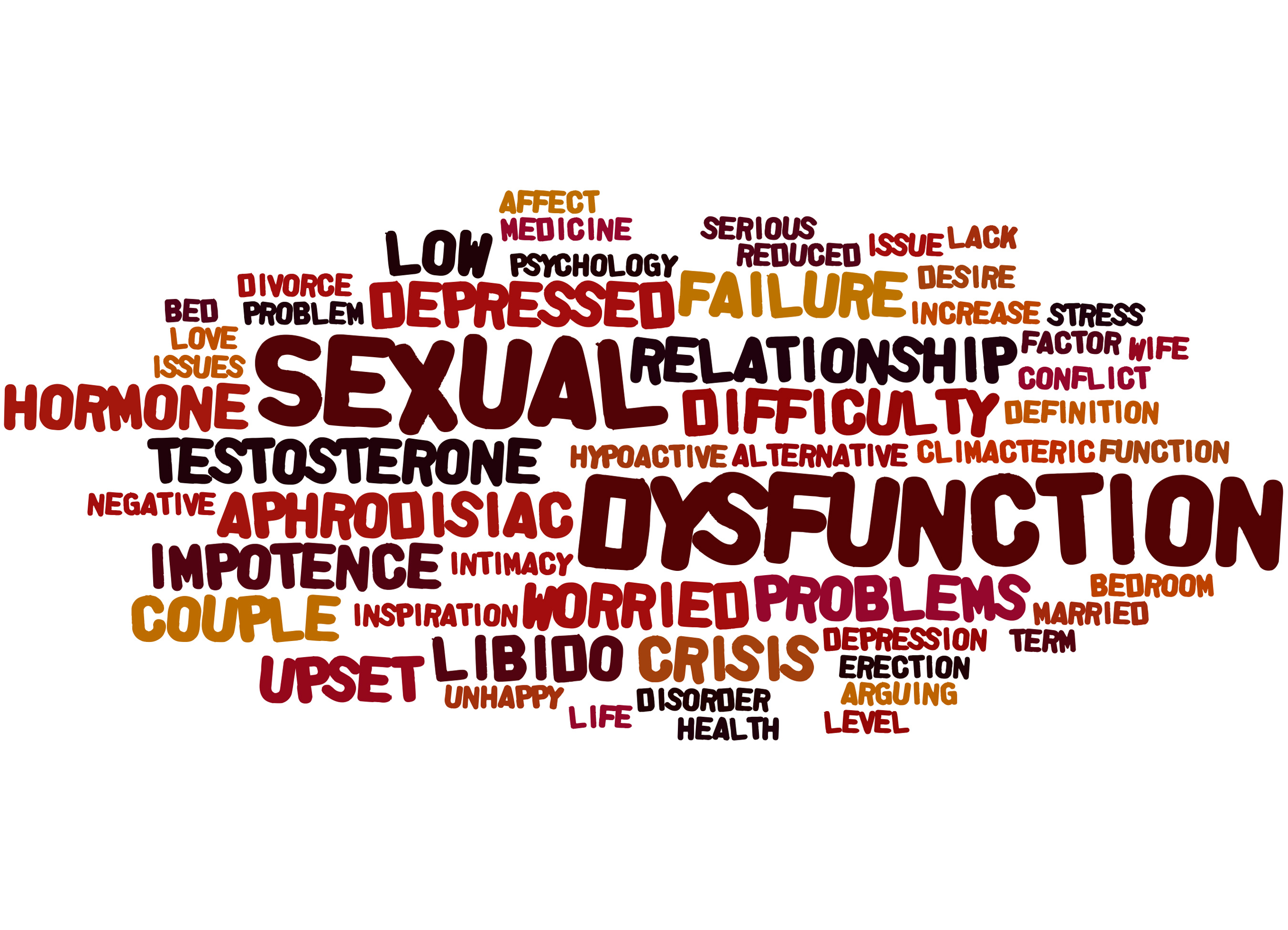
Sexual dysfunction
We have not found any systematic reviews on this topic that meet the Schizophrenia Library’s inclusion criteria. Pending enough primary studies, we invite reviews on this topic to be conducted. Alternatively, we will endeavour to conduct our own review to fill this gap in the Library. November 2019

Thyroid dysfunction
We have not found any systematic reviews on this topic that meet the Schizophrenia Library’s inclusion criteria. Pending enough primary studies, we invite reviews on this topic to be conducted. Alternatively, we will endeavour to conduct our own review to fill this gap in the Library. October 2020
Green - Topic summary is available.
Orange - Topic summary is being compiled.
Red - Topic summary has no current systematic review available.
